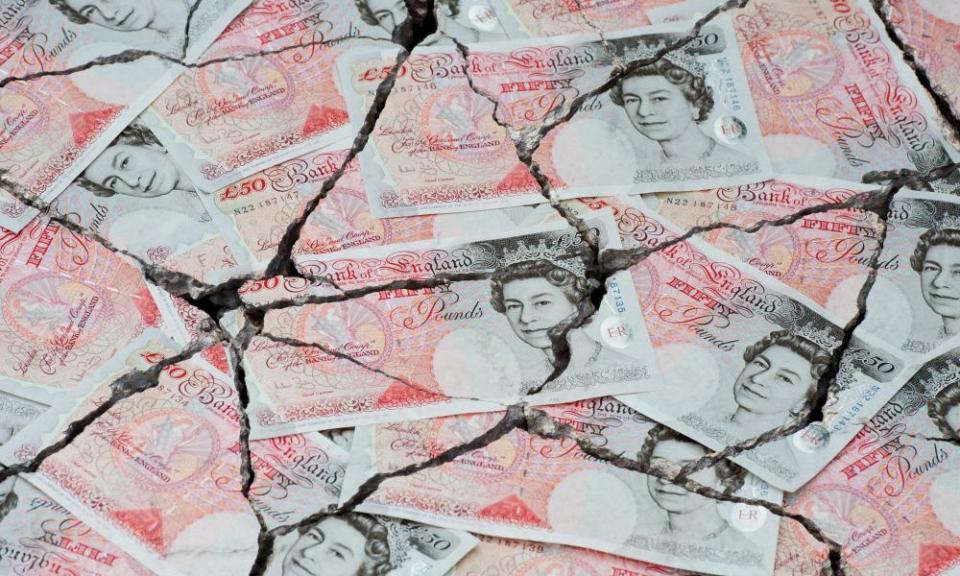Reshape the economy for our sake and the planet’s

Your editorial (23 November) highlights how Rishi Sunak is softening the country up for more, long-term austerity, and Polly Toynbee (By freezing pay and benefits, Sunak will be levelling down, not up, 24 November) eloquently points out its inevitable adverse effects on individuals, society and our economic wellbeing. This should surely remind us of the failure of the left to counter George Osborne’s austerity narrative, as hopes of the financiers getting their just deserts and capitalism made more socially responsible were quickly dashed. Just as we can hope that Covid will be less of a threat by spring, so now we need to prepare to counter Sunak’s bid to mimic Osborne.
Finding the money to reset our damaged economy into something fairer and greener should need no cuts. Few realise that this year the government has already turned to the Bank of England to inject – via quantitative easing £350bn – of electronic money into the economy to cover Covid costs this year. What politicians and activists of all political persuasions need to grasp is that this mechanism requires no extra demands on taxpayers or increased government borrowing, and in the past decade of its use, it has not resulted in rising inflation.
Seeing off austerity will require the realisation that QE must be used to help finance longer-term measures to deal with regional inequality, the need for secure jobs in every constituency, the repair of our threadbare social infrastructure and the climate crisis.
Colin Hines
Convenor, UK Green New Deal Group
• We need to remember a couple of things about Rishi Sunak. The first is that his grip on the connection between economics and real-life behaviour is tenuous. His “eat out to help out” scheme was a subsidised Covid super-spreader event. And second, his early years not only gave him experience in what you rightly describe as the useless role of banking, he also became inordinately wealthy by short-selling those very same banks, thus helping to plunge the country into a financial crisis that led to a decade of misery.
Kevin Donovan
Birkenhead, Merseyside

 Yahoo Movies
Yahoo Movies 